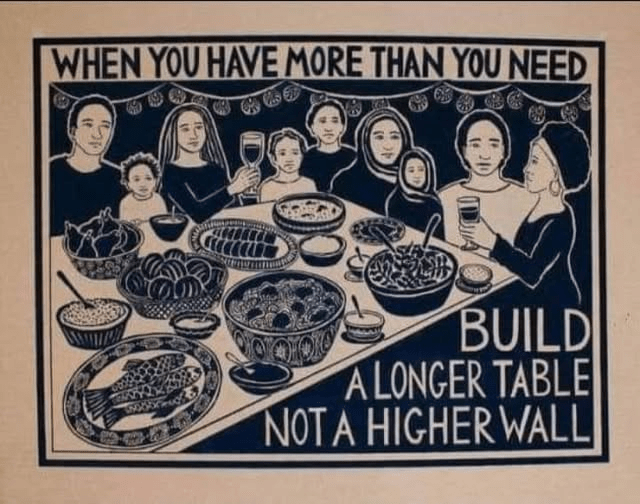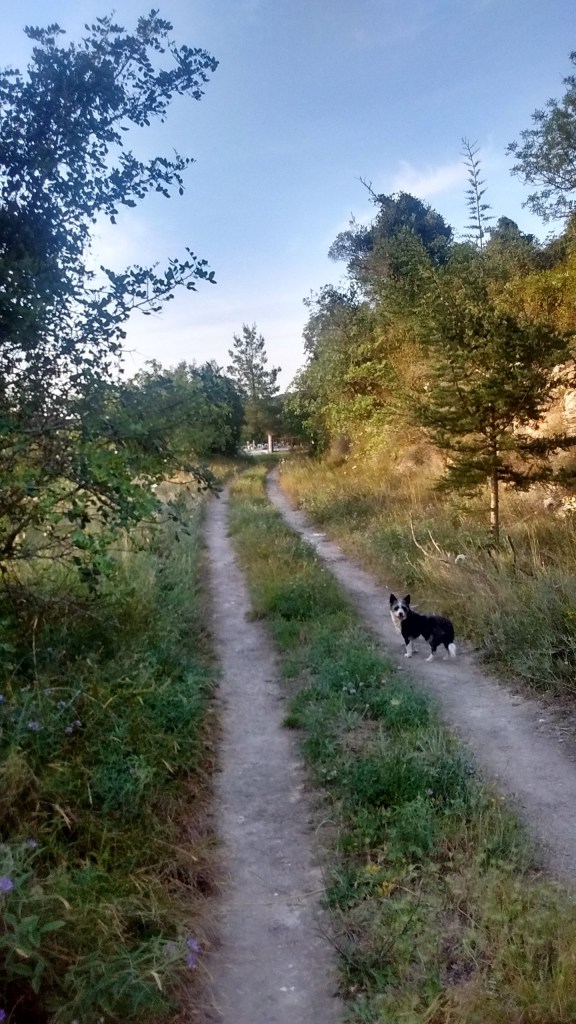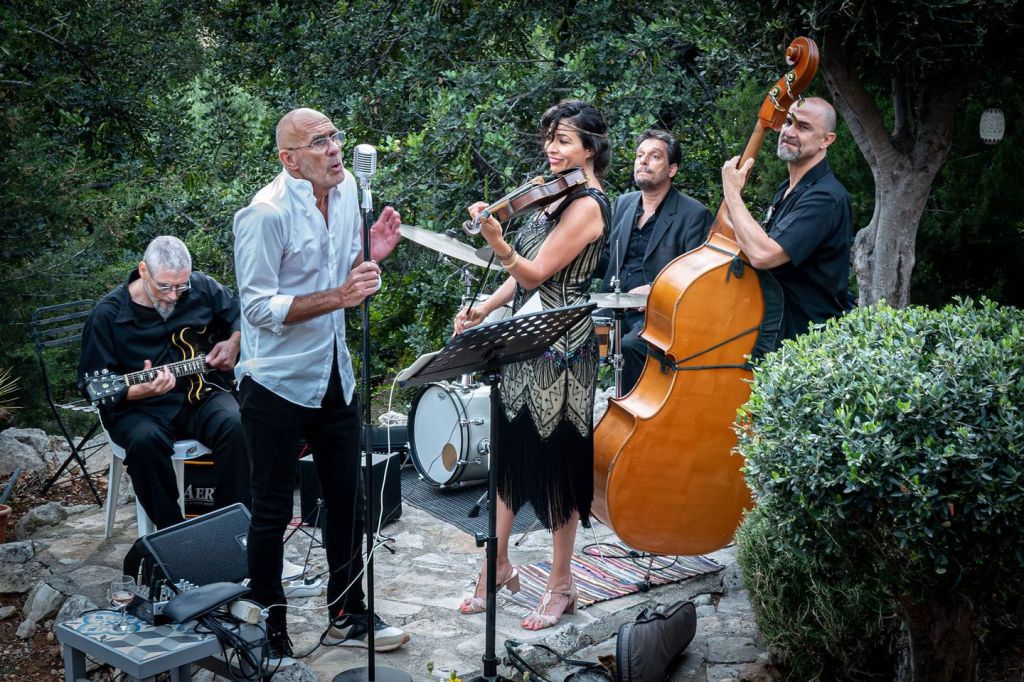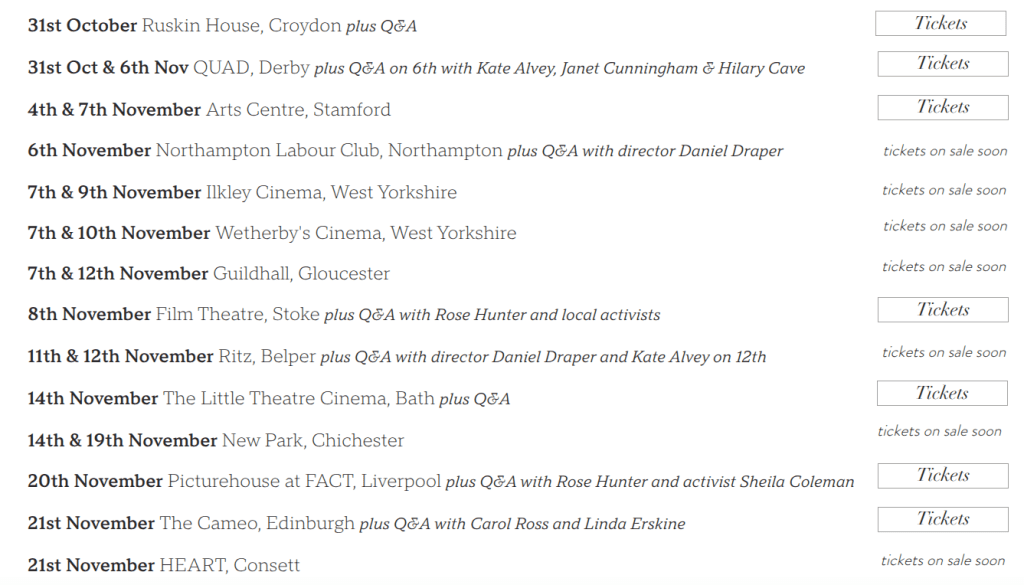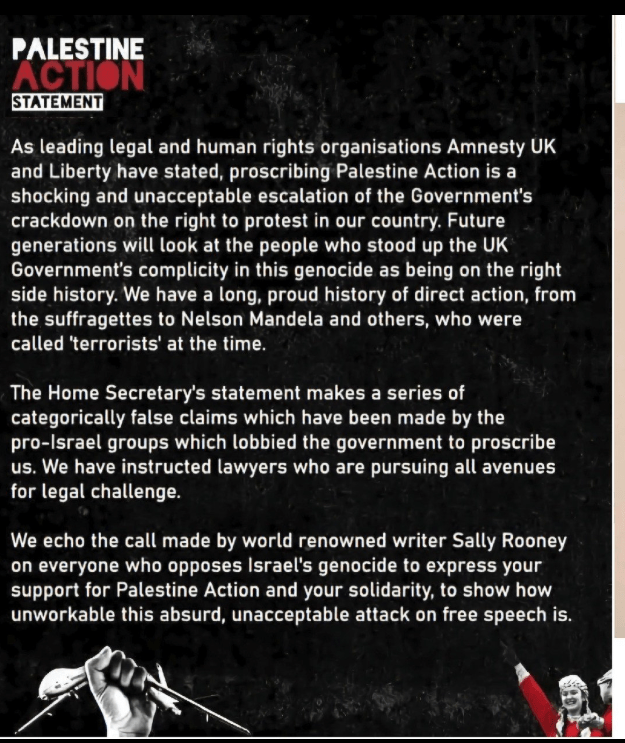
As I try to keep my promise of sharing links to folk I find stimulating and provocative, I am taken aback by the number of posts I’d like to make. For example. I want to respond to my dear friend, Siyavash’s commentary on the crisis in Iran and I’d like to draw your attention to a challenging series of pieces on Autism.
As of today here is an article by Paul Kingsnorth, who describes himself as a writer, Orthodox Christian, reactionary radical, aspiring beekeeper. I came across him about seven years ago and found him eloquent and questioning. Back in 2021 I was at one in our refusal to accept the authoritarian, manufactured COVID narrative. I shared his rage against the Machine. I agreed that resistance needed a spiritual dimension. In the end I remain at odds with what feels like his increasing certainty that the way forward is to embrace the Christian God. He explains his conversion in a rich and compelling biographical account, The Cross and Machine. Whilst I remain a subscriber to his blog, I visit it erratically – a sign perhaps of my atheistic prejudice.
My fitfulness may well be my loss. Paul’s latest is entitled, Writers Against AI : Choose your story. Take your stand.
It is a powerful engagement with the threat to ‘being human’ posed by Artificial Intelligence. It should be read in full but here are a couple of extracts.
Maybe the book was the only technology I ever really fell in love with. It is a technology, of course; so are words. Language – languages, since we have so many of them, though fewer than we once did – are one of the key markers of our humanity. We speak, we tell stories, we write the stories down and thus we are able to share them with people we will never meet and who will never meet us, but who will know us in some way by our words. Humans are storytelling animals if we are anything at all. All of our religions begin with stories, and all of our nations and cultures. Our personal biographies are stories we construct. We tell stories by naming everything else that lives. We tell stories about progress and decline, good and evil, kings and peasants, fairies and ghosts, detectives and serial killers. We sing stories to music, and record them and play them back again and again. We fight over stories, and we send our sons out to die for them.
Stories will keep being told, of course. It’s just that their authors might no longer be human.
If AI doesn’t kill us, it will certainly render us incapable of understanding what reality is. Having outsourced our physical labour to machines (and poor people in poor countries, who we never have to meet or think about), we are now outsourcing our intellectual labour to them too.
If the machines can do our research and write our stories, and build our houses and think ‘smarter’ thoughts than we can and all the rest of it – what is our role? What is the point of humanity at all? For the subset of us who write and tell stories, another question emerges too: can we even find the space, away from the buzzing of the Machine, to incubate the stories we want to tell? Stories descend when you make the right space for them within you. Writers are vessels. How can we possibly tell real, human, stories if our heads are full of digital noise? Will the ‘writers’ of the future even know what stories are, away from the enabling, imprisoning Panopticon of the digital world?
Thinking about story-telling is likely to evoke a wry smile from Marilyn Taylor. Over the years she has sighed in frustration at my failure to embrace and reciprocate her deep love for fiction in all its diversity. Again it is to my detriment. Yet, in my own way, I would claim to tell stories.
The majority of my sporadic contributions over the years to journals of one kind or another draw explicitly upon my personal experience. Indeed I have been criticised for this tendency, frowned upon in some academic circles. This opening to a piece that appeared in Youth & Policy catches the flavour of my biographical approach.
‘The Decline of the Local Authority Youth Service in England: Reflections of an actor in its demise.‘
‘These assertive and tentative reflections cover the period from the genuine promise of a radical 1968 to the artificial optimism of a populist, authoritarian 2019. Across four decades I sold my labour to three different Local Authority Education [LEA] departments. Most recently, retired from the fray, I’ve sought to observe and comment upon the shifting landscape of contemporary youth work. For better or worse, however flawed and forgetful my memory, I’ve been party to the ups and downs of Local Authority [LA] Youth Services in England. In this spirit I will begin the story with two snapshots from my chequered career.
In the first I am to be found in the main hall of a rambling Wigan youth centre. A hirsute, profusely sweating part-time youth worker, I organise on two evenings a week a diversity of activities from weight training to basketball predominantly with young men, offset by a token last half hour of mixed volleyball. At first glance I appear to be the Positive Activities worker of New Labour’s late 1990’s dreams. Contrarily, I am seeing myself more and more as an informal educator, stimulated by the flux of my interaction with young people. I am intrigued by the infinite, if uncertain possibilities of association and conversation, the potential of relating without either imposed authority or a prescribed script.
More than a quarter of a century later I am to be found, besuited as befits a Chief Youth & Community Officer, in the Wigan Enterprise Centre surrounded by colleagues from the Planning Department. We are putting together a bid for time-limited funding aimed at ‘disadvantaged’ young people. The rules of the competition demand that we promise to deliver on a number of targets – percentage reductions in anti-social behaviour, drug use and teenage pregnancies. I try to argue that the introduction of these outcomes will distort the Youth Service’s relationship with young people. My misgivings are expressed to no avail. I leave, heavy of heart, having in the name of jobs rather than young people’s needs, been incorporated into a sham. A colleague attempts to persuade me I have been pragmatically principled. I am reduced to uttering dismissive expletives.
More broadly, if we are perusing the mass of sociological and political analysis served up to us, the authors, it would appear, see themselves as standing outside of the very social relations they are contemplating, the narratives of which they are so fond. There is no elevated vantage point from which the intellectual, the commentator speculates as if he or she is above it all. We are all, for better or worse, part of the story. Or perchance, we will let AI have the last word.
To the credit of the In Defence of Youth Work [IDYW] campaign, of which I was a coordinator for over a decade from 2009, it looked to story-telling as the way to illuminate the nature of a youth work process, which was uncertain, authentic and human. It did so in the face of authoritarian and behavioural prescriptions of what it ought to achieve. IDYW produced a book, This is Youth Work containing ten stories of practice, which was translated into Russian and Finnish. In addition we ran story-telling workshops across Europe, even reaching out to Japan
At the end of Writers against AI Paul argues,
“I have decided, as a writer, not to consciously engage with AI in any way in the course of my work, and I want to give other writers – and readers – who share these views a chance to demonstrate it, and band together in refusal of the machines and in celebration of raw human creativity and the power of stories. This essay, then, is the launch of a campaign of refusal and resistance. I have no funding and no plan, and I don’t intend to run anything – but I don’t need to. Like the Internet itself, resistance to AI is decentralised. Each of us is a campaign hub. Saying no to AI and yes to human stories can happen anywhere. It costs nothing. You can start right here, right now, if you haven’t started already.
In the war against stories, I am taking a side. If you take the same side, then we’re in it together. Let’s gang up. There’s strength in numbers.”
A Manifesto
I’m calling this the Writers Against AI campaign. It is built on a simple three-point manifesto. To support the campaign, a writer must make three pledges:
- I will not use AI in my work as a writer.
- I will not support writers who use AI in their work.
- I will support writers, illustrators, editors and others in related fields whose work is entirely human-made.
The first of these points draws a line for our own creative work. We say, as storytellers: we will remain human. With the second, we refuse to lend our voices or our money to anyone who uses this technology to replace human creativity. Finally, we commit to doing something positive: supporting, financially and morally, other creators who are drawing the line too, and refusing to be dehumanised.
If you are a writer who agrees with these pledges and who wants to sign up to this campaign – well, that agreement is all it takes. You’re in, and there’s a very simple way to show it. Colorado craftsman Justin Clark has created a set of logos that can be downloaded and used by any writer who wants to adhere to these three points and resist the use of AI in writing and publishing. Justin is not a writer – or, indeed, a graphic designer – but he responded to my call for logos back in September, and I think his creations are striking and powerful. It’s not just writers this thing threatens, of course. All craftspeople are under attack. But we have an advantage: we have both hands and hearts.
You can find Justin’s campaign logos on this page. They are free to use and anti-copyright for any writer who supports the aims of this campaign. Put them on your website or blog, or print them in your books if you like. You don’t have to ask permission: you just have to commit to the three pledges, and use your words to support them.
‘But what about readers?’
But, I hear you cry, I am a reader, not a writer, and I hate AI too! What can I do? Never fear, because you are also catered for. Justin has also produced reader-themed versions of the campaign logos:

They can be found, and downloaded, in the same place. Print them out and stick them in your books, or on your website, or on the self-driving car windscreens of any AI developers who live in your neighbourhood.
What happens next? The answer is: you do. I have said my piece here, with this essay and manifesto, and Justin has done his work with these striking images. This is the firing of a starting gun. How far the race is run is now up to you. If you want to join the campaign, all you need to do it take this little manifesto and these images far and wide. Use them in your own work. Write about them. Badger others. Above all, continue to write stories with only your hand, your heart and your human brain.
Together, we can all take a stand. If we don’t, our children and grandchildren will not be visiting public libraries to seek out battered old paperbacks containing human-produced magic. They will be listening to AIs reading them AI-created stories through their neuralink brain chips.
Nothing is off limits now – unless we place limits around it. At the very least, we can all plant a seed. Isn’t that how we learned to love stories in the first place?
I’m up for it.


